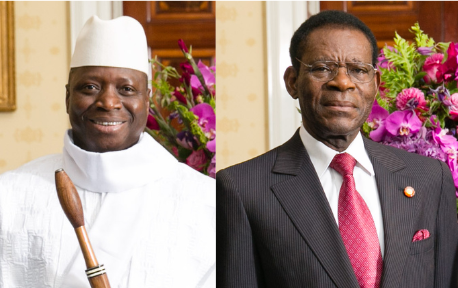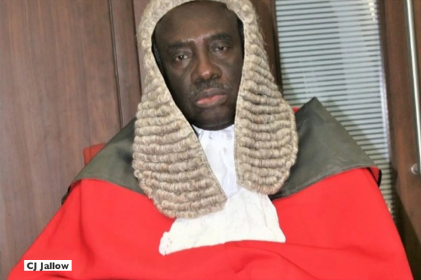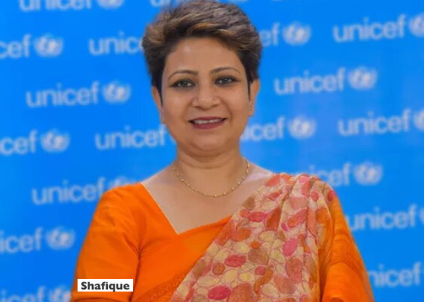By Omar Bah
A growing number of Gambians said corruption is on the rise and the government is not doing enough to combat it, a latest Afrobarometer survey revealed.
Over the past three years, Gambians’ perception of widespread corruption among public officials has increased significantly. A substantial number of Gambians also reported having to pay bribes to obtain public services, and only half believed they can report corruption to the authorities without fear of retaliation.
The anti-corruption bill introduced in the National Assembly since 2019 is yet to be passed, meaning the country has no anti-corruption commission despite being a signatory to numerous conventions including the African Union Convention on Preventing and Combating Corruption. The 2022 Corruption Perception Index ranked The Gambia 102nd, or more corrupt than 101 out of 179 countries. The West African country scored 34 points out of 100 on the 2022 Corruption Perceptions Index.
Released ahead of International Anti-Corruption Day (9 December), the Afrobarometer report is based on nationally representative surveys in 39 African countries. Findings show that among key public institutions, the police are most widely perceived as corrupt.
The survey revealed that majority of Africans including Gambians say corruption in their country is rising, that their government is failing in its efforts to fight it, and that ordinary citizens risk retaliation if they report corruption to the authorities.
In substantial numbers, the report added, 46 percent of the respondents report having to pay bribes to obtain police assistance or avoid problems with the police, as well as to get government documents and services at health facilities and schools.
Key findings
According to the report, on average across 39 countries, a majority (58%) of Africans say corruption increased “somewhat” or “a lot” in their country during the preceding year. Compared to 2014/2015, 12 countries recorded double-digit increases in perceptions of worsening corruption, including a surge of 39 percentage points in Senegal, while decreases reached a remarkable 61 points in Benin. More than two-thirds (68%) of citizens say “some” or “a lot” of the resources intended to address the COVID-19 pandemic were lost to corruption while almost half (46%) of Africans say that “most” or “all” police officials are corrupt, the worst rating among 11 institutions and leaders the survey asked about. Tax officials, civil servants, and officials in the Presidency tie for second-worst, at 38%. The report added that among citizens who sought selected public services during the previous year, substantial proportions say they had to pay a bribe to obtain police assistance (36%), to avoid problems with the police (37%), to get a government document (31%), or to receive services at a public medical facility (20%) or a public school (19%). It added that self-reported bribe-paying varies widely across countries.
“For example, obtaining a government document required a bribe from 68% of applicants in Congo Brazzaville, compared to 1% in Cabo Verde and Seychelles. Two in three Africans (67%) say their government is doing a poor job of fighting corruption. Only one in four Africans (26%) say people can report corruption to the authorities without fear of retaliation,” it added.
Respondents were asked whether over the past year, the level of corruption in this country increased, decreased, or stayed the same. Just 11 percent of Gambians believe the government is performing in fighting corruption.
Reaction
Commenting on the Afrobarometer report, the Gambia Participates executive director, Marr Nyang, said the government has not done much to fight against corruption.
“I can relate with the respondents in this report because people have not seen tangible efforts from the government in terms of fighting against corruption,” he said.
Marr said it is one thing for the government to say they are investigating corruption and another thing to sanction individuals or institutions found wanting.
“The only accountability we have publicly seen government announcing is the case of Dr Bamba Banja but beyond that case there are multi corruption cases from the D10 million at the Ministry of Health, the Covid-19 funds, audit reports and the Gam-Petroleum case which was withdrawn by the government despite the fact that over D21 million was misappropriated,” he said.
He said even the National Assembly, which were supposed to be protecting the interest of the people, are proposing a clause in the anti-corruption commission bill that would prevent it from investigating past corruption cases.



